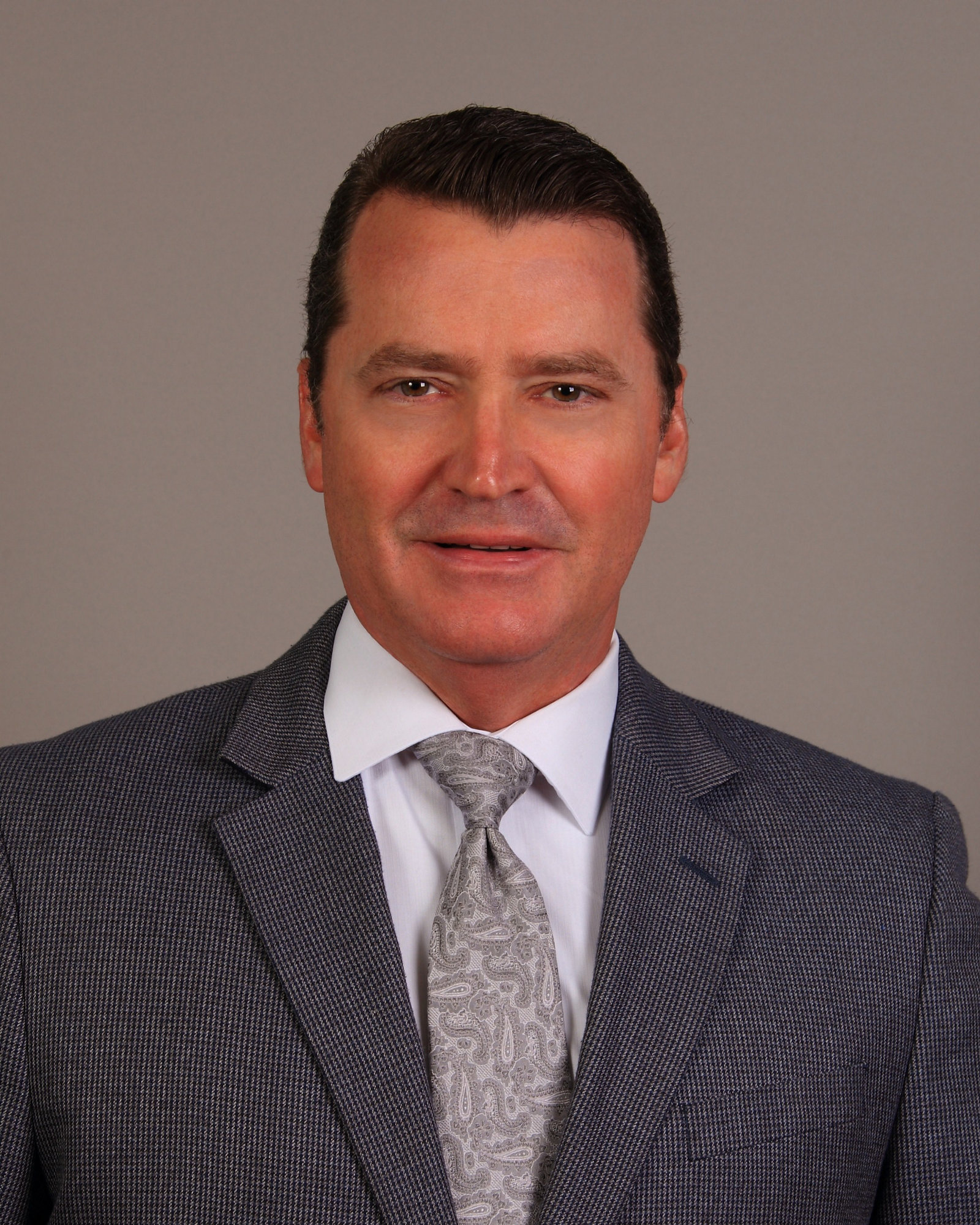Coping with the stress of a pandemic: Sumter doctor offers strategies
The health highlights
David Justice, psychiatrist and chief medical officer for Tandem Health, offers these tips and more to help manage stress and anxiety during COVID-19 or any situation that brings the unknown
- Tune out. Turn off social media on the weekends. Read trusted news sources, but don't scroll headlines all day
- Stay offline for a weekend or set amount of time and monitor how you feel before and after
- Get a good night's sleep
- No screen exposure between 11 p.m. and 4 a.m.
- Get outside before 9 a.m. and after 5 p.m.
If you want to talk to a professional at Tandem Health, call (803) 774-4500.
For more information, visit www.tandemhealthsc.org.
Other resources
For survivor support, contact Sexual Trauma Services of the Midlands's 24-Hour Crisis Hotline: (803) 771-7273
National Suicide Prevention Lifeline, available 24 hours in English and Spanish: 1-800-273-8255
kayla@theitem.com
Let's say reading the news about Australia's wildfires earlier this year pushed you to the limit of what 2020 could throw at you. Then Kobe Bryant's tragic death was the last straw. Even if you decided to take up residence under a rock for the past four months, that rock likely has been impacted by COVID-19.
The world has vaulted into the unknown, taking with it jobs, social lives, bank accounts and hundreds of thousands of loved ones.
COVID-19 has also wrecked the lifestyle to which our brains are wired. David Justice, chief medical officer for Tandem Health and a psychiatrist who heads the center's Behavioral Health department, says the pandemic is to blame for an increase in anxiety and stress in both existing and new patients.
Our brains, he said, are wired to function on the predictability of how the world generally works.
"We like routine. We like to know how the day is going to go. When we're in a stressful situation like this, we want to know three things: the duration, the course and the outcome," Justice said. "How long will it go on? What will it be like during? What's the outcome?"
That's why this pandemic is so stressful for so many, said the psychiatrist, who has over 25 years of medical experience, including 15 at Tandem. We don't know the answers to any of those factors.
"Even just the oddness of you can't expect to go to the grocery store and find what you need," he said. "All those little pieces of daily life."
Justice said he and his Tandem team have seen existing patients who "were getting along just fine, and now they're not doing as well." New patients are also seeking counseling because they're stressed.
They're health care workers, teachers, parents, children. They're increasingly isolated.
Impacts Justice said he has seen since the virus made its way to South Carolina range from changes in sleep patterns - some feel like they want to sleep all the time, others feel exhausted - weight gain, changes in health patterns and other impacts of stress from financial uncertainty, employment and the health of themselves and others.
Curt Ackerman, vice president for strategic development at Tandem, said there has been so much in the news about how to take precautions against the virus, about what to do if you get sick.
"But what do we do to cope emotionally, spiritually, psychologically?" he said.
Justice and his team can recommend and prescribe medication, offer physiotherapy and provide counseling, among an array of services that address substance misuse, PTSD and other disorders. Whether through medicine or verbal counseling, the team's goal is to help patients "work through stressors in their lives, enhance coping skills."
Whether you visit a medical professional or not, you can take steps to help yourself cope with daily stressors.
Justice recommends the simple step of taking a break.
Don't tune in 24/7. Have a consumption routine to keep you informed but keep your phone and the TV off while you're working or doing chores.
"If your job doesn't require you to be on top of it all the time, you don't need to be up on every single minute ... Get outside. Go do other things that restore your soul," he said.
Take that a step further, he said, and stay offline on the weekends. No social media. See how you feel. Notice after if you feel less stressed.
Acknowledge your limitations in what you and we all know about what's happening.
"Don't beat up on yourself. You can feel scared or uncertain or overwhelmed," he said.
A good night's sleep is key, he said. Turn off blue light late in the day, which means screens from phones, computers and TVs. Avoid screen exposure between 11 p.m. and 4 a.m. and focus on increasing the exposure you get from natural light.
Get outside before 9 a.m. and after 5 p.m., even if it's just a five-minute walk and even if it's cloudy. A short walk a few times a day will help ensure you maintain physical activity.
Pay attention to your breathing, Justice said. Take deep breaths from your belly.
It's especially important for parents to maintain their mental health, he said, because "kids often look to adults to make the world safe for them."
Children "generally do better" when they have a routine, so try to incorporate some into life at home.
Justice said people still often think there's a stigma around seeing a counselor or a psychiatrist and taking medication for their stress and anxiety. But, he said, there's a strong likelihood someone in your social circle or family has talked to a professional.
"It doesn't mean you're weak," he said. "It affects your physical health, your hormones, your productivity. It's important because we think we can tough it out, but just try it and see. If you don't feel different, that's fine. Chances are you will."

